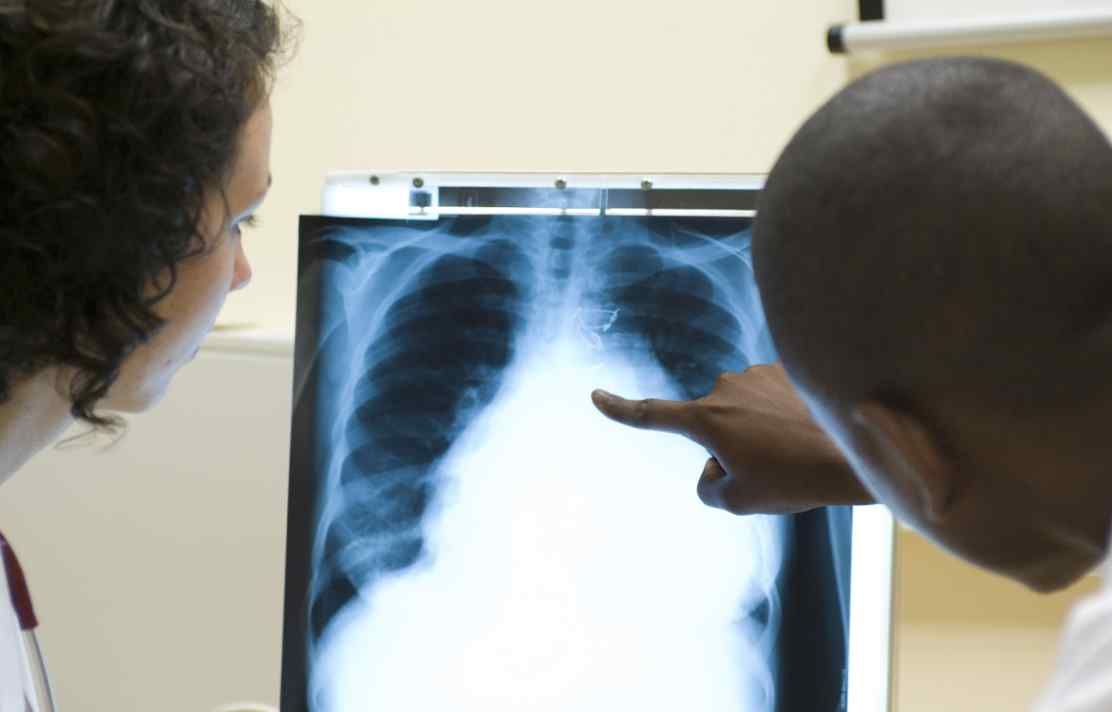- Imperial College Lead: Prof Wendy Barclay
- UKHSA Lead: Dr Catherine Thompson
Collectively, this themes studies will synergistically provide fundamental insights into candidate pathways and mechanisms of immune protection against respiratory pathogens including SARS-CoV-2 which will inform design, development, and evaluation of broadly cross-protective vaccines against future variants. Essential for epidemic preparedness.
Specific projects:
- Establishing a viral fitness model to inform vaccine strain selection & investigate co-infection
We will develop a cellular model of respiratory virus co-infection using human airway epithelial (HAE) cells to aid in vaccine strain selection. This will involve co-infection experiments between influenza viruses and other respiratory viruses e.g., rhinovirus and SARS-CoV-2, assessing virus growth properties and perform experiments to monitor cellular biomarkers of infection throughout the infection time.
- Investigate if vaccine strain selection can be improved by examining fitness and transmissibility of candidate strains
Using influenza viruses and SARS-CoV-2 as the exemplars, we will assess replication fitness of vaccine-candidate strains in HAE cells; we will experimentally evolve influenza and SARS-Cov-2 strains in HAE cells to test whether we can predict antigenic drift, assessing duration of immunity.
- Informing design of broadly protective vaccines against future SARS-CoV-2 variants through delineating correlates of broadly protective natural immunity against SARS-CoV-2 infection and disease in recently exposed household contacts
We will leverage the unique, comprehensive biobank established through the prospective longitudinal cohort of household contacts, INSTINCT, to (a) examine if in recently infected contacts, the timing and magnitude of newly induced systemic or respiratory mucosal host responses correlate inversely with viral load and symptom score, providing correlates of in vivo containment, (b) determine if early innate or adaptive immune signatures predict the magnitude and longevity of antigen-specific adaptive responses (c) protective immune correlates identified in our real-world cohort will be cross-validated in the world first SARS-CoV-2 controlled human infection model (CHIM).
___________________________________________________________________________________________________________________
How is this theme relevant to UKHSAs objectives?
UKHSA is tasked with delivering an annual influenza vaccine and monitoring its efficacy and needs to understand the dynamics of respiratory infection in vulnerable communities, especially the elderly. Poor vaccine efficacy in the elderly undermines public confidence in vaccines, and hospitalisation of the elderly increases winter NHS burden. This themes projects will establish the comparative benefits of adjuvanted and cell-grown vaccines, informing vaccine recommendation by the Joint Committee on Vaccination and Immunisation (JCVI), supporting UKHSAs endeavour to track influenza and SARS-CoV-2 evolution to inform vaccine design.

Important links
General enquiries
NIHR HPRU in Respiratory Infections
Room 251/252
Medical School Building
Imperial College London
St Mary’s Campus
Norfolk Place
London, W2 1PG